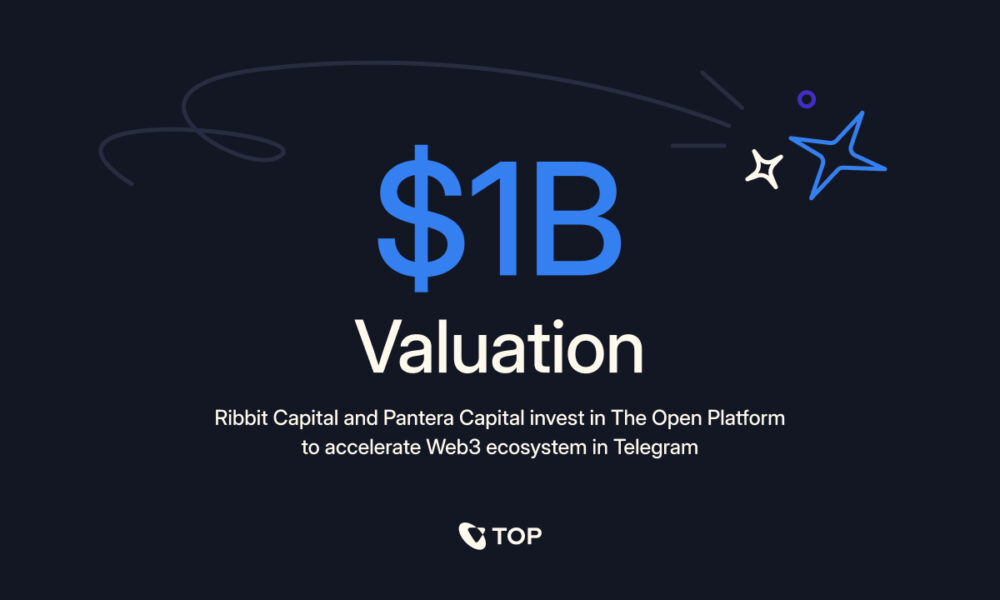In the ever-evolving landscape of healthcare, automation has become a pivotal force in enhancing efficiency, reducing errors, and ultimately improving patient outcomes. For medical coding, a critical yet time-consuming task, automation promises to revolutionize workflows by speeding up the process and ensuring greater accuracy. XpertDox, a leader in healthcare technology, has set out with a mission to automate the medical coding process comprehensively.
The Importance of Medical Coding
Medical coding plays a fundamental role in the healthcare industry. It involves translating medical diagnoses, procedures, services, and equipment into standardized codes. These codes are integral for billing, data analysis, and maintaining patient records. However, the traditional manual coding process is labor-intensive and prone to human error. Even minor mistakes can lead to significant issues, including claim denials, delays in reimbursements, and inaccurate patient records.
XpertDox: Leading the Charge
XpertDox is at the forefront of healthcare innovation, and automating the medical coding process is one of its paramount objectives. Leveraging advanced technologies such as artificial intelligence (AI) and machine learning (ML), XpertDox aims to streamline medical coding tasks to reduce the burden on healthcare professionals.
AI-Powered Solutions
By incorporating AI algorithms, XpertDox’s AI CPT Coding system can swiftly analyze medical records and assign appropriate codes with high precision. This utilization of AI minimizes the risk of human error and ensures that codes adhere to the latest coding standards and guidelines.
Benefits of Automation
Automating the medical coding process yields numerous advantages:
- Increased Efficiency: Automation dramatically reduces the time required to code medical records, allowing healthcare providers to focus more on patient care.
- Improved Accuracy: Machine learning models are trained on vast datasets, enabling them to detect nuances in medical records that might be missed by human coders.
- Cost Savings: With fewer errors and faster processing, healthcare organizations can save significantly on administrative costs and reduce losses from denied claims.
- Consistency: Automated systems provide consistent results, applying uniform coding practices across all medical records.
XpertDox ensures that patient data is coded accurately and promptly, facilitating efficient billing and compliance with regulatory requirements.
Challenges to Address
While the automation of medical coding offers numerous benefits, several challenges must be addressed to ensure its success:
- Data Privacy and Security: Handling sensitive patient data requires robust security measures. XpertDox is committed to maintaining the highest standards of data protection.
- Continuous Learning and Adaptation: Medical coding standards frequently change. XpertDox’s systems are designed to continuously learn and adapt to new coding guidelines, ensuring up-to-date accuracy.
- User Training: Healthcare professionals need proper training to effectively use automated tools. XpertDox provides comprehensive training programs to help users become proficient with their systems.
The Future of Medical Coding
The future of medical coding lies in the successful integration of automation. As XpertDox continues to refine its AI-powered solutions, healthcare providers can anticipate a significant transformation in how medical records are processed. Automation will not only enhance the efficiency and accuracy of coding but also bring about a more streamlined and patient-focused approach to healthcare.
In conclusion,automating the medical coding process is the goal of Xpertdox. Medical coding automation represents a monumental step forward in healthcare technology. By harnessing the power of AI and machine learning, XpertDox is poised to redefine medical coding practices, offering a future where healthcare professionals can dedicate more time to patient care and less time to administrative tasks. The journey towards automation is fraught with challenges, but with continuous innovation and dedication, the vision of a fully automated medical coding process is within reach.





























